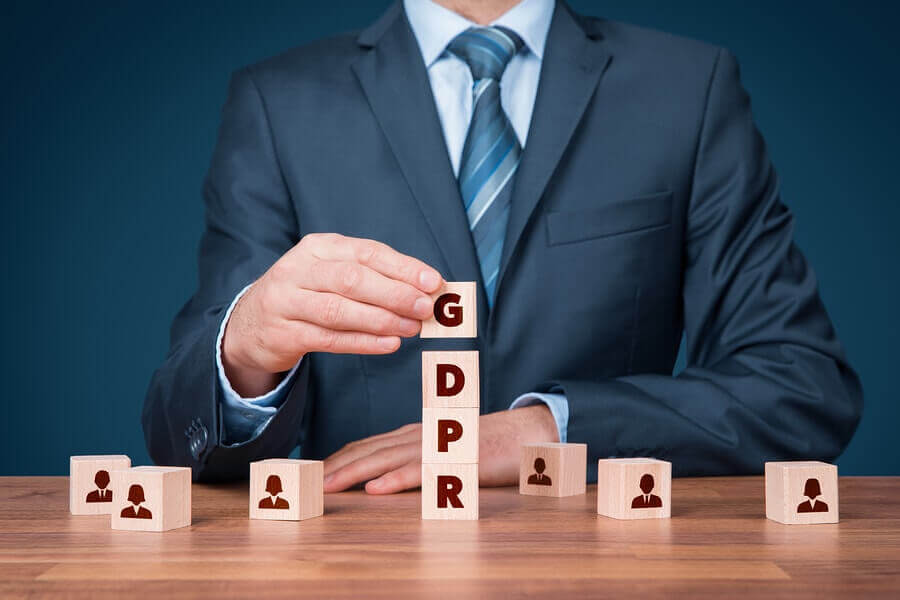Very soon, new General Data Protection Regulations (GDPR) come into effect. Both freelance and translation services, including those which deal with medical translation, should be preparing themselves for implementing GDPR rules if they operate within the EU or have clients based in the EU.
Telehealth: The Importance of Medical Translators in Telemedicine
Telehealth involves using video to communicate with patients who lack the language skills to communicate with health providers in their own language is set to alter the way healthcare providers interact with their patients.
Key Competencies of a Qualified Medical Translator
Medical translations need to be accurate, so that means online tools like Google Translate aren’t typically good enough for this type of translation. Also, a medical translator with basic translation skills might not be good enough to do a translation that needs to be clearly understood. Without a qualified medical translator, health care would not […]
How to Choose a Professional Translation Agency?
Each translation agency has a different focus and often only concentrates on certain types of orders. Some agencies like to offer cheaper and faster translations and concentrate on clients who aren’t so concerned about quality as long as the gist of the translation can be followed, while others see the importance of providing a premium […]
What Makes an Unprofessional Translation?
There are many ways in which a translation may appear to have been done in an unprofessional way so that it doesn’t truly reflect the meaning of the original or source document. This is, in effect, an unprofessional translation.
What is the Proofreader’s Role in Translation?
There are two important steps involved in ensuring translation quality. These are the editing phase and the proofreading phase. Both come at the end of a translation task and should never be scrimped on.
What is So Important About a Translation Terminology List?
Translation terminology lists are part of ensuring a quality language translation. To be honest, they are not always necessary, but quality standards in some countries are very exacting and that means that there may be a need to ensure that a translation terminology list is available to the translator.
What Is CE Marking and What Are Its Effects On Translation?
The European market is vital for most companies selling medical products. These markets assess the quality of the products they buy by insisting that companies which market them have a ”CE” marking. This is important for all distributors, manufacturers and importers which trade on European markets. It is compulsory to have a CE marking on […]
Healthcare Language Services: Don’t Use The Cheapest!
In many countries around the world, there has been an increase in immigration of speakers of languages that are not spoken in their host country. This has placed tremendous pressure on both healthcare professionals and patients who in many situations need to be able to communicate effectively to ensure no misunderstandings take place. In the […]
Medical Translation Can Be Hard to Translate
When a translator specialises in medical document translation, he or she has a big challenge ahead, as a medical translation is never simple as there are word equivalents that need to be found that fit well with the source and targeted languages. One of the biggest problems is at the word level and not so much […]










